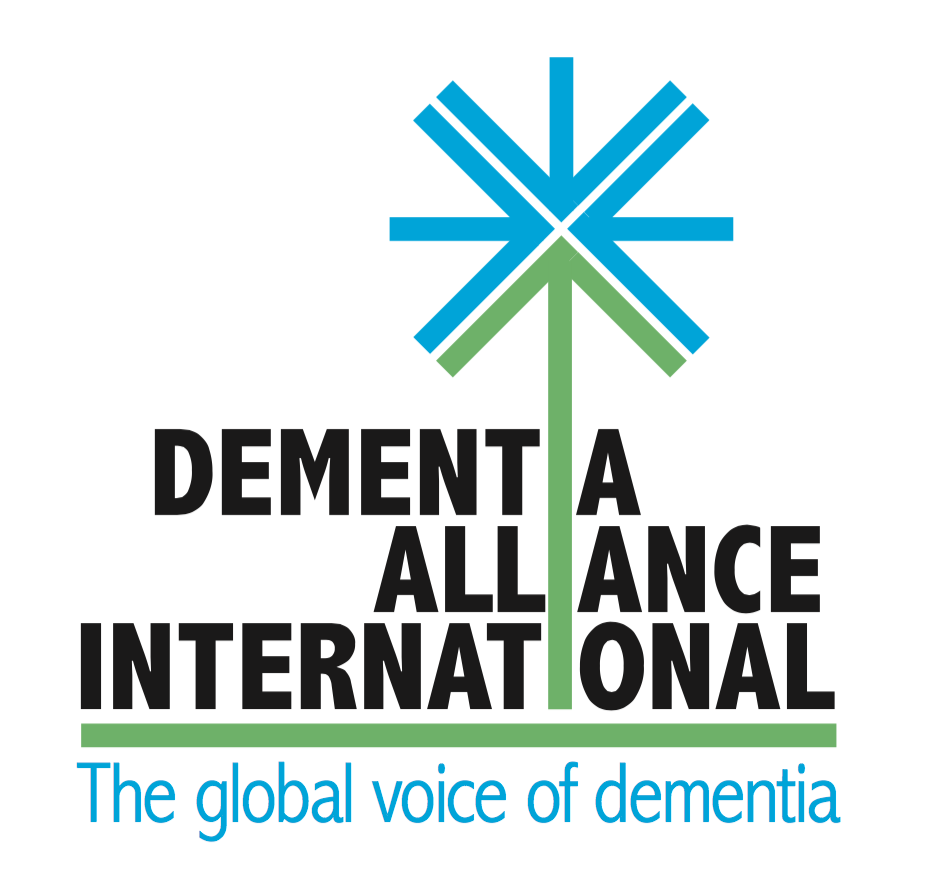Dementia Alliance International (DAI) is a registered 501c3 charity, providing global advocacy and support inclusively for anyone with a medically confirmed diagnosis of any type of dementia.
For almost ten years, DAI has provided and facilitated free online cafes and social groups for its members (through Facebook and Zoom). They have produced educational webinars and publications available to DAI members as well as the global community of researchers, service providers, other advocacy organisations, and the broader community. DAI also has an award-winning YouTube channel.
DAI offer online peer-to-peer support groups, which were the first in the world for people diagnosed with dementia. The groups have been running in multiple time zones for almost nine years. Like membership of DAI, the weekly and monthly support groups are free to attend currently, including three peer-to-peer support groups in Australia.
A DAI peer-to-peer support group consists of a small group of people with a diagnosis of dementia, who meet regularly to discuss their experiences, problems, and strategies for coping with the condition, as well as strategies to live more positively with dementia. DAI peer-to-peer support groups are held in multiple time zones, and co-hosts and member also provide one-to-one buddying and mentoring.
The value of peer-to-peer support
The value of peer-to-peer support as part of post-diagnostic services and support should not be underestimated, as two DAI members describe here.
this is the first time I have laughed since my diagnosis two years ago.”
…and then it took me another 8 years to get a doctor to believe that I had dementia, you know. And then, there was no support afterwards.”
Research shows that hearing from and sharing with others with similar experiences can be very helpful. A peer support program provides a structured environment in which people who share the same long-term illness or condition can safely share their experiences. The importance of meeting with peers facing the same things as you cannot be underestimated whether it is a life experience, a terminal or chronic illness, or a pandemic.
People who “get it”
No matter who you are, or what you do, or whether you have an illness, we can all use more people in our lives who “get it.”
Whilst family and friends, and even professionals working in the field of dementia can be supportive to some extent, they don’t really know how we feel, or even why it can be so hard for us sometimes.
Many of the disabilities caused by dementia are invisible or sporadic, so it is sometimes difficult for people without dementia to understand the day-to-day life and difficulties people with dementia face.
At DAI our hope is that peer-to-peer support for those of us diagnosed with dementia will become the norm, that doctors and health care professionals will refer their patients to DAI, and they will be included in all post-diagnostic pathways or care plans from the point of diagnosis.

For more information
- Anyone with a medically confirmed diagnosis of any type of dementia can join DAI for free.
- Read more on the benefits of the DAI Peer-to-peer support groups.
- Read more about joining a support group, and the benefits of being more socially active on this website.




